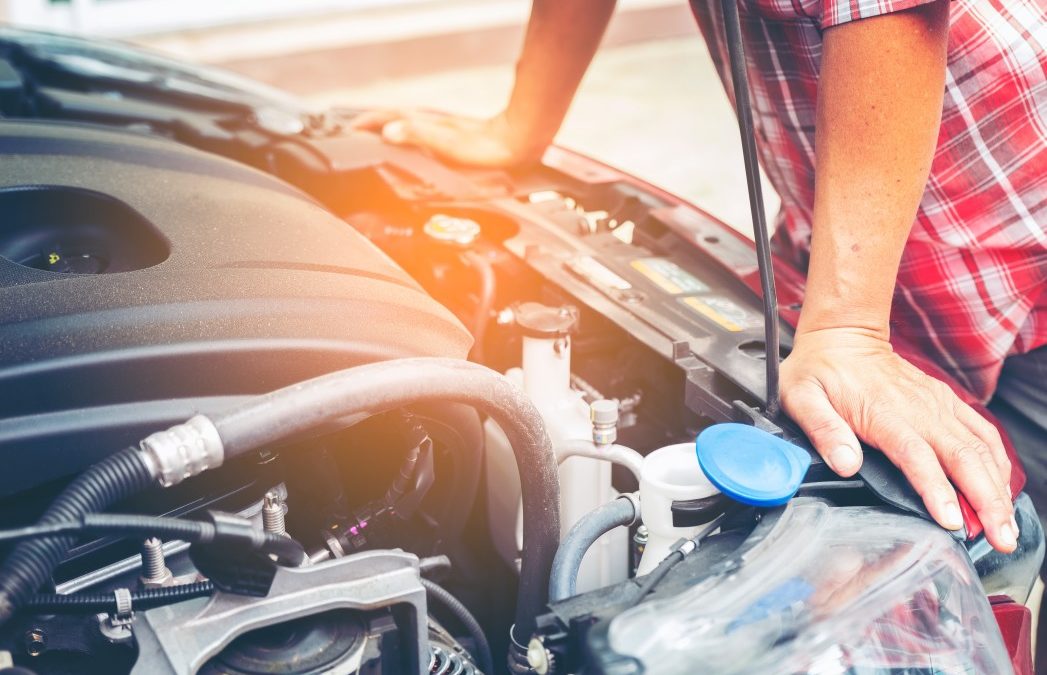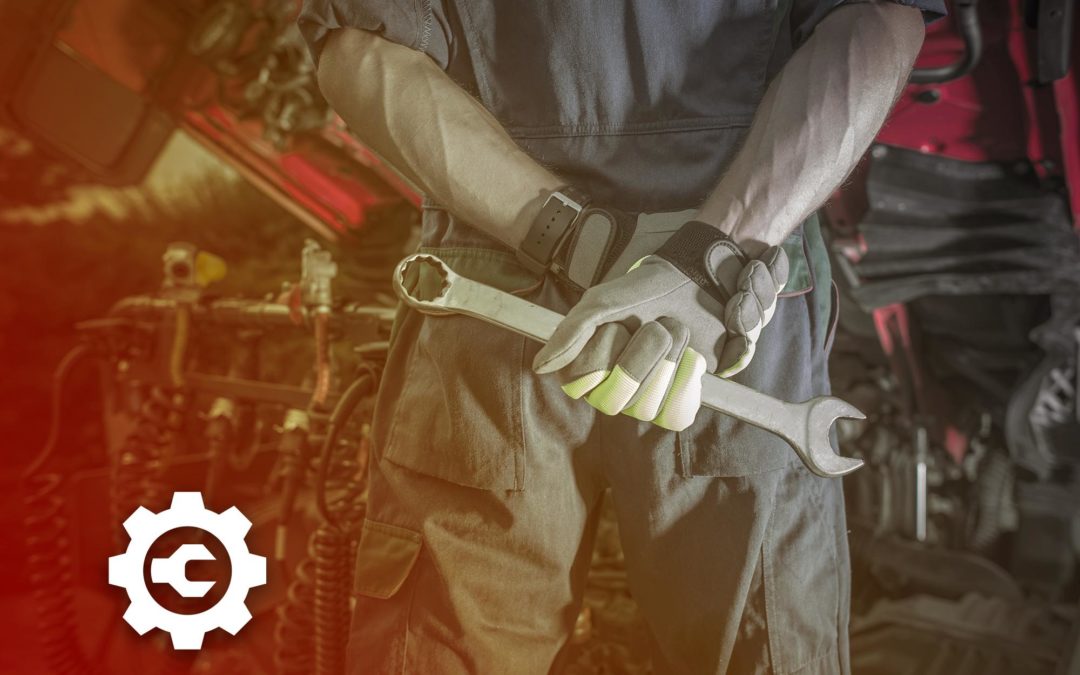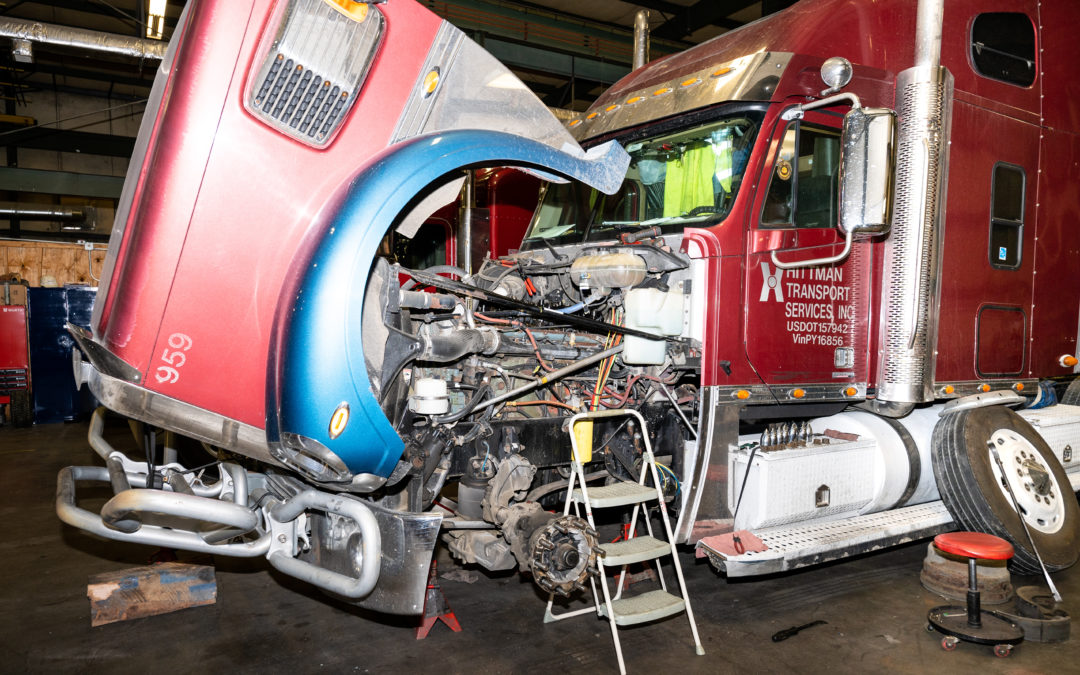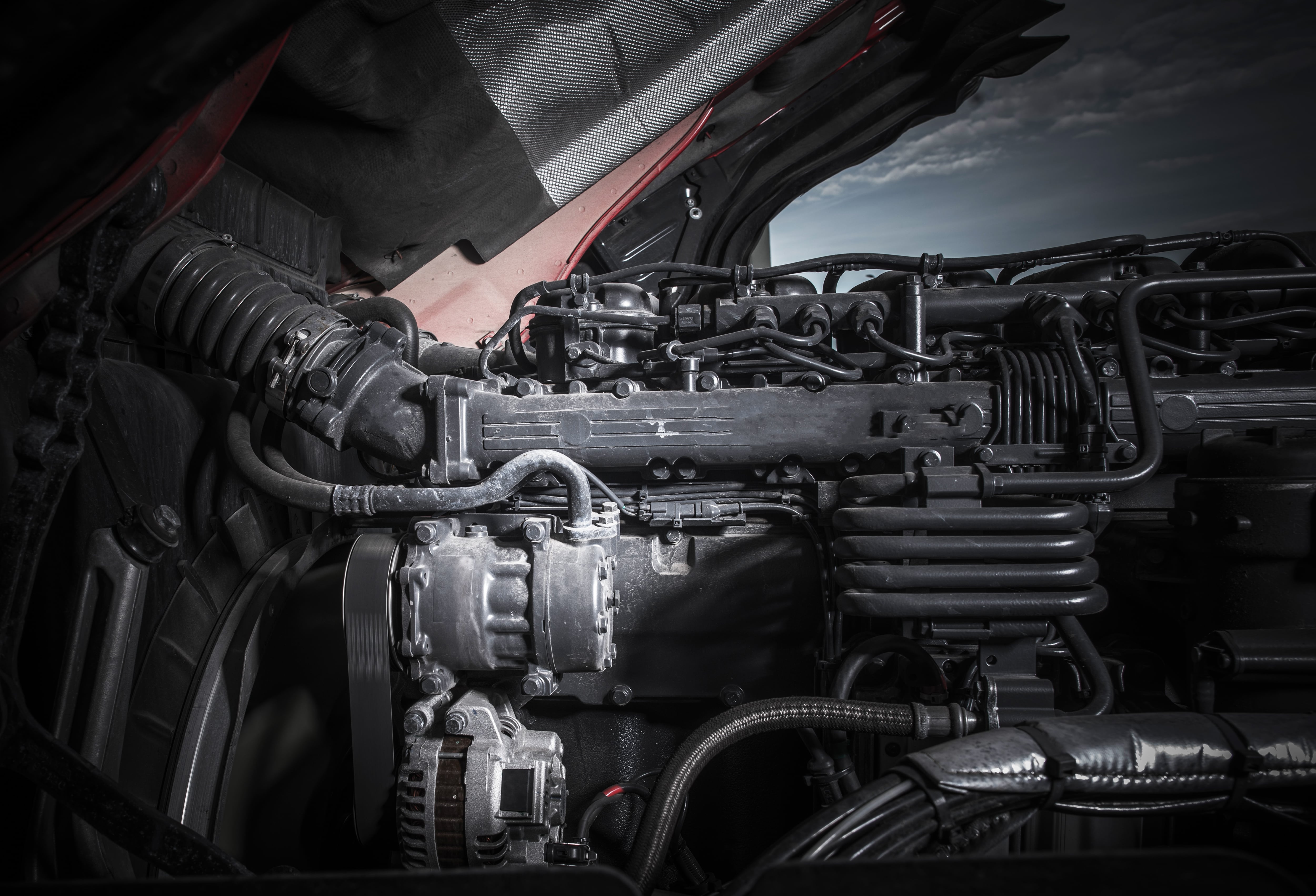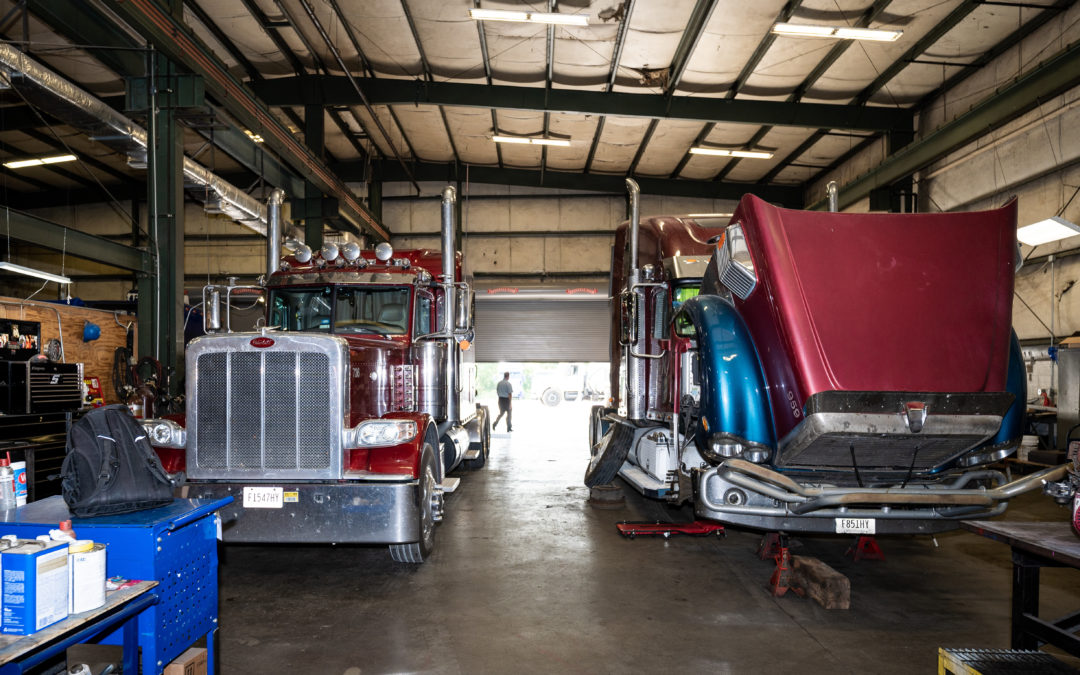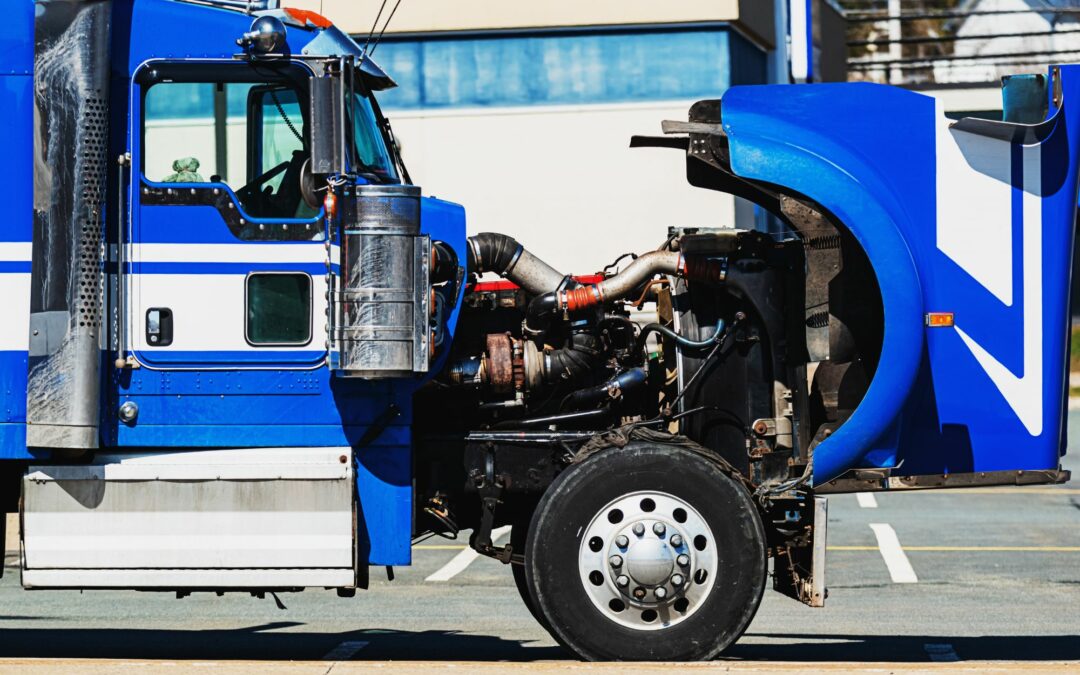
Common Diesel Engine Problems
Diesel engines are powerful machines offering high torque, superior fuel efficiency, and often lower emissions compared to gasoline engines. Diesel engines are also more durable than gasoline engines, but they do break down sometimes. In this article we will go over the symptoms, causes, and solutions of common diesel engine problems. If you’re having issues with your diesel engine, one of these common diesel engine problems is likely the culprit. Understanding these diesel engine issues will make you a more informed diesel engine driver and knowing the symptoms and warning signs of engine trouble will tell you know when it’s time to take your diesel vehicle to a Certified Diesel Mechanic for repairs.
Fuel Injection System Issues in Diesel Engine
The fuel injection system in a diesel engine injects fuel into the engine’s cylinders for combustion. The control module controls the timing and amount of fuel injected to optimize the diesel engine’s performance.
- Symptoms: Trouble starting the vehicle, poor fuel economy/lower MPG than usual, rough idling, fluctuating power/inconsistent RPM
- Causes: Clogged fuel injectors, faulty fuel pump, poor fuel injection timing, contaminated fuel, bad injector seals
- Solutions: Professional cleaning, replacement of injectors, fuel pump repair or replacement
Oil Issues in Diesel Engine
What does oil do in a diesel engine? Oil manages friction, associated heat, and protects against corrosion by lubricating moving parts. Oil also traps pollutants, which prevents sediment from building up, and improves efficiency. Diesel engine oil issues are common and usually easy to fix.
- Symptoms: Oil change light (this seems obvious, but people often ignore this indicator), blue smoke coming from the exhaust pipe, excessive smoke, engine knocking or banging sounds, low oil pressure, decreased fuel efficiency
- Causes: Oil leaks, poor oil quality, clogged oil filter, low oil, damaged piston rings
- Solutions: Regular oil changes are the #1 way to avoid oil issues in your diesel engine, using high quality oil, addressing oil leaks, professional repairs and oil analysis
Turbocharger Problems
A turbocharger is a device in a diesel engine that uses exhaust gas to compress excess air and force it into the engine’s cylinders, increasing the amount of air available for combustion. The turbocharger increases power, improves energy and fuel efficiency, boosts engine performance, and reduces emissions.
- Symptoms: Excessive smoke, power loss/reduced torque, poor acceleration, poor throttle response, unusual noises, lower fuel economy, loud startup
- Causes: Turbocharger failure, clogged turbocharger, foreign object damage, damaged turbine blades, oil starvation, wear and tear
- Solutions: Turbocharger repair or replacement, remove clogs and foreign objects, routine turbocharger cleaning and maintenance, avoid idling for extended periods
Cooling System Diesel Engine Issues
A cooling system in a diesel engine removes excess heat to keep your diesel engine at optimal operating temperature. Without the cooling system the engine’s internal temperature can rise to a point that causes serious damage or engine failure. A diesel engine cooling system consists of several parts.
Main Cooling System Components:
- Coolant: Fluid that absorbs heat from the engine and transports it to the radiator.
- Radiator: Acts as a heat exchanger–absorbs heat from circulating coolant and dissipates it into the air to reduce engine temperature.
- Water Pump: Circulates coolant through the engine and radiator.
- Thermostat: Regulates flow of coolant to maintain optimal engine temperature.
Symptoms, Causes, and Solutions for Cooling System Problems:
- Symptoms: Overheating, white exhaust or steam coming from under the hood, poor gas mileage
- Causes: Coolant leaks, low coolant, water pump failure, faulty thermostat, clogged radiator, radiator damage
- Solutions: Regular coolant checks, repair coolant leaks, clean radiator annually, replace or repair damaged components
Electrical Systems Issues in a Diesel Engine
What does electricity have to do with diesel engines? The electrical system powers the starter motor which cranks the engine to initiate the combustion process. The electrical system also generates electricity while the engine is running to recharge the vehicle’s battery which powers important accessories including lights, engine sensors, and control modules, as well as air conditioning and stereo systems. Electrical system issues can cause unexpected breakdowns and dangerous malfunctions.
- Symptoms: Difficulty starting, dim or flickering lights, buzzing or clicking noises, burning smell, malfunctioning or failure of battery-powered accessories including dashboard lights and stereo
- Causes: Faulty alternator, faulty sensors, corroded wiring, overheated wiring or electrical components, overloaded circuits, battery problems, battery degradation
- Solutions: Professional diagnosis of electrical problems, replacing faulty components, replacing battery
Preventative Diesel Engine Maintenance
Occasional diesel engine problems are to be expected. However, there are preventative measures that you can take to reduce the likelihood of many of the issues we discussed. If you want to keep your diesel truck or car out of the shop, follow these maintenance tips.
- Regular Oil Changes: Use high quality oil and adhere to recommended intervals for oil changes.
- Fuel Filter Replacement: Prevent fuel contamination by regularly replacing fuel filter.
- Air Filter Cleaning: Clean air filters regularly and replace them as necessary.
- Coolant Maintenance: Check coolant levels regularly and replace as needed.
- Battery Maintenance: Check battery voltage regularly, keep battery clean, and inspect for corrosion.
- Address Issues Immediately: If you suspect that something is wrong with your diesel engine, don’t ignore the issue. Seek the help of a mechanic before the issue gets worse (and repairs get more expensive).
- Professional Tune-Ups: Scheduling regular professional tune-ups can help you identify and address issues early and keep your diesel engine in optimal shape.
Find a Diesel Engine Mechanic You Can Trust
Finding a great diesel mechanic is the key to keeping your diesel engine in good running shape. The ASE Certified mechanics at Certified Diesel Solutions are the best of the best. Since we opened the doors 15 years ago, CDS has earned a reputation as one of the best diesel mechanics in Knoxville. We provide excellent routine diesel engine maintenance to help you avoid preventable problems, optimize engine efficiency, minimize wear and tear, and save money! From complete engine overhauls and mysterious engine issues to common problems, our diesel mechanics stand ready with the latest tools and diagnostics equipment to repair your diesel engine and get you back on the road. We serve individuals, owner operators, and fleets, providing the same level of attention and care to every vehicle that enters our garage.

